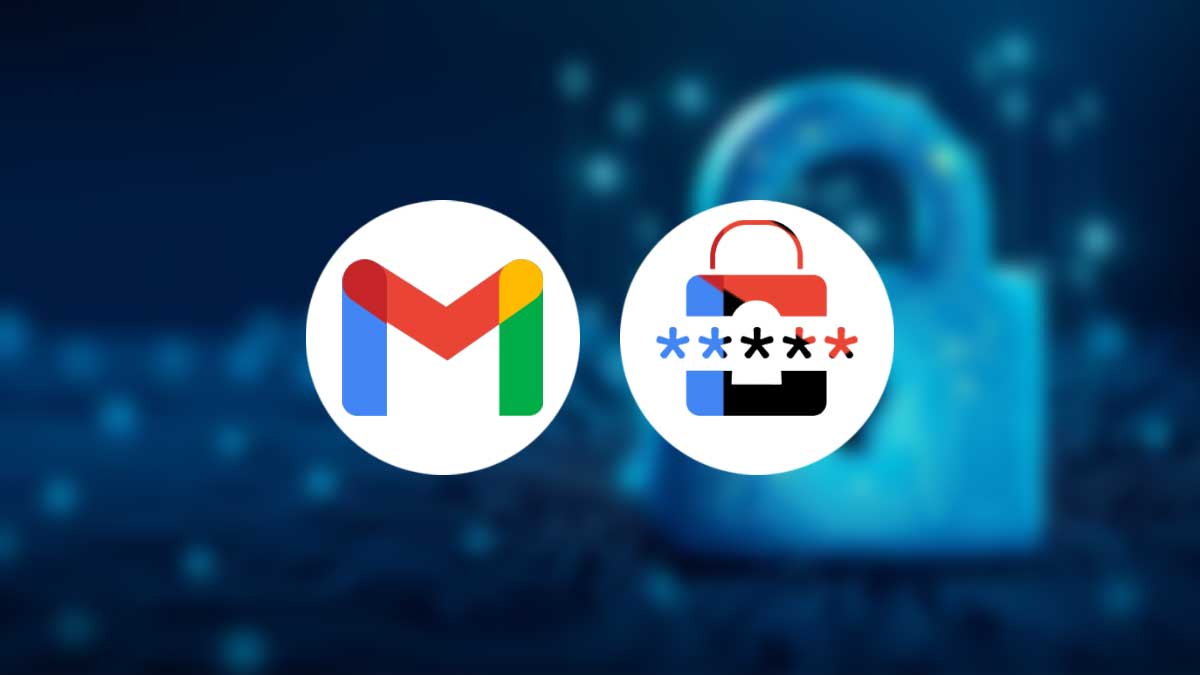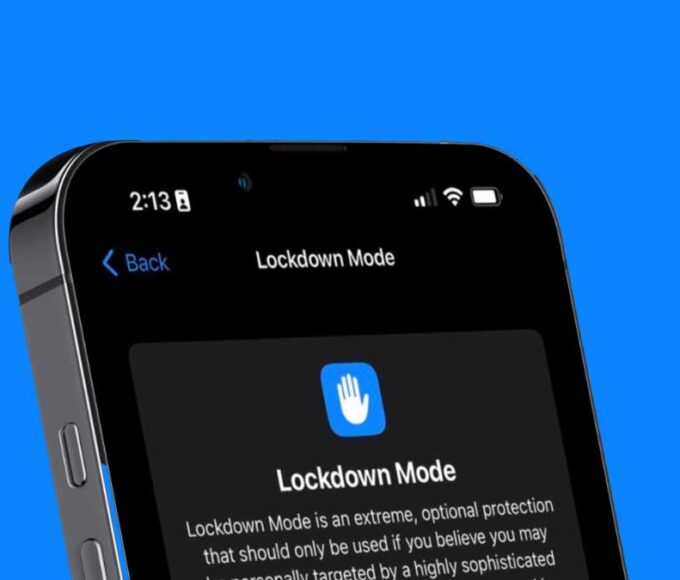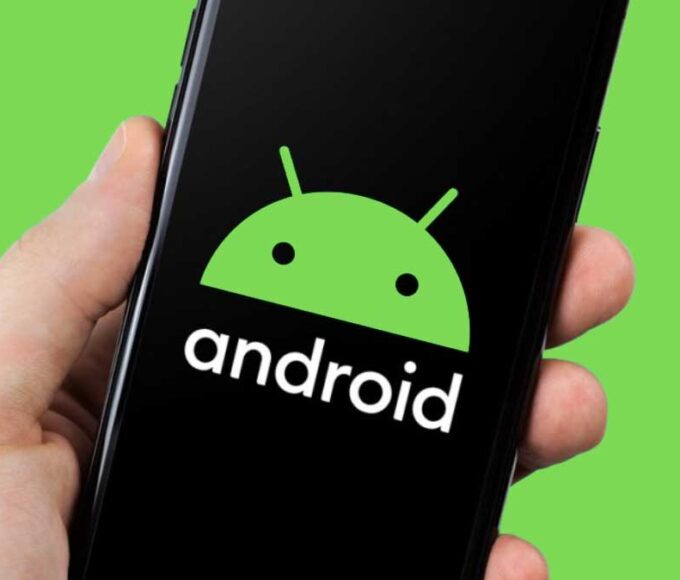- Home
- Billionaires
- Investing Newsletters
- 193CC 1000
- Article Layout 2
- Article Layout 3
- Article Layout 4
- Article Layout 5
- Article Layout 6
- Article Layout 7
- Article Layout 8
- Article Layout 9
- Article Layout 10
- Article Layout 11
- Article Layout 12
- Article Layout 13
- Article Layout 14
- Article Sidebar
- Post Format
- pages
- Archive Layouts
- Post Gallery
- Post Video Background
- Post Review
- Sponsored Post
- Leadership
- Business
- Money
- Small Business
- Innovation
- Shop
Recent Posts
Google’s Gmail Security Deadline: Comply by September 30

In light of the increasing cybersecurity threats targeting Gmail users, Google is enforcing stricter security measures to protect its users’ accounts. This move is especially significant for Google Workspace users, who must comply with new authentication requirements by September 30. The forthcoming changes mark the end of support for what Google refers to as “less secure apps,” which are applications or devices that only require a username and password to sign in. This initiative is part of Google’s broader effort to eliminate outdated sign-in methods that expose users to higher risks of unauthorized access.
The upcoming security enhancement will require Google Workspace users to adopt more secure login methods, specifically OAuth, which provides a more robust layer of protection. OAuth is an open standard for access delegation, commonly used as a way to grant websites or applications limited access to user accounts without exposing the user’s password. This change is not just about making life harder for users; it’s about reducing the threat landscape associated with Gmail accounts, particularly in an era where cyberattacks are increasingly sophisticated and prevalent.
Google’s decision to discontinue support for less secure apps was initially proposed in December 2019. However, the rollout was delayed due to the impact of the COVID-19 pandemic, which led to an indefinite suspension of the deadline in March 2020. Now, with the September 30 deadline fast approaching, Google is reminding users to ensure that their Gmail, Calendar, and Contact accounts are compliant with the new security protocols.
One of the key reasons behind this move is to mitigate the risks associated with third-party apps and devices that rely solely on password-based authentication. These less secure methods have long been a vulnerability, as they involve sharing credentials with third parties, increasing the likelihood of unauthorized access. By enforcing OAuth, Google aims to safeguard user accounts by ensuring that only applications using this secure access method can interact with Google services.
The impact of this change is broad, affecting all Google Workspace customers. Google has made it clear that after September 30, access to Gmail from less secure apps, Google Sync, and other services that do not support OAuth will be permanently disabled. Users who fail to comply with these new requirements will likely encounter errors when attempting to log in, as their username and password credentials will no longer suffice.
For users of older versions of email clients like Outlook 2016 or earlier, the recommended course of action is to migrate to Microsoft 365 or Outlook for Windows or Mac, both of which support OAuth. Similarly, users of Thunderbird or other non-Google email clients must reconfigure their accounts to use IMAP with OAuth to maintain access. For those using Mail for iOS or macOS, or Outlook for Mac, Google advises ensuring that the “Sign in with Google” option is enabled, which automatically employs OAuth for authentication.
In addition to these changes, Google has already taken steps to enhance security by removing the less secure apps setting from the Google Workspace Admin Console. This preemptive measure is aimed at minimizing the risk of outdated authentication methods being exploited. As a result, Workspace administrators no longer have the option to enable or disable access to less secure apps for their users, further reinforcing the shift toward more secure practices.
Google has also confirmed that for personal Gmail users, IMAP access will now always be enabled over OAuth, meaning that users will not need to take additional steps to ensure compliance. However, they will no longer have the option to toggle IMAP settings in their account, as OAuth will be the default and only method for accessing Gmail via third-party apps.
While some users might view these changes as an inconvenience, they represent a necessary evolution in account security. By phasing out less secure apps and requiring more robust authentication methods, Google is taking significant steps to protect its users from the growing threat of cyberattacks. The implementation of OAuth not only strengthens the security of individual accounts but also contributes to the overall security of the internet ecosystem.
This move follows other recent security enhancements by Google, including the implementation of stricter authentication requirements for bulk email senders to Gmail accounts. Introduced on April 1, these requirements are designed to reduce the volume of malicious spam and phishing attempts that target Gmail users. By tightening the rules around who can send emails to Gmail accounts, Google aims to curb the spread of harmful content and enhance user safety.
In conclusion, the September 30 deadline for complying with Google’s new security requirements is a crucial step in the ongoing battle against cyber threats. Google Workspace users, in particular, must act swiftly to ensure that their accounts are configured to use OAuth, as failure to do so will result in the loss of access to Gmail and other Google services. While the transition may require some effort, the benefits of enhanced security far outweigh the inconvenience. By embracing these changes, users can protect their accounts from unauthorized access and contribute to a safer online environment.
Recent Posts
Categories
- 193 Countries Consortium Partner1
- 193cc Digital Assets2
- 5G1
- Aerospace & Defense48
- AI37
- Arts3
- Banking & Insurance11
- Big Data3
- Billionaires1,261
- Boats & Planes1
- Business332
- Careers13
- Cars & Bikes79
- CEO Network1
- CFO Network17
- CHRO Network1
- CIO Network1
- Cloud10
- CMO Network18
- Commercial Real Estate7
- Consultant1
- Consumer Tech194
- CxO1
- Cybersecurity73
- Dining1
- Diversity, Equity & Inclusion4
- Education7
- Energy8
- Enterprise Tech29
- Events11
- Fintech1
- Food & Drink2
- Franchises1
- Freelance1
- Future Of Work2
- Games149
- GIG1
- Healthcare79
- Hollywood & Entertainment203
- Houses1
- India’s 1000 Richest1
- Innovation46
- Investing2
- Investing Newsletters4
- Leadership65
- Lifestyle11
- Manufacturing1
- Markets20
- Media328
- Mobile phone1
- Money13
- Personal Finance2
- Policy569
- Real Estate1
- Research6
- Retail1
- Retirement1
- Small Business1
- SportsMoney42
- Style & Beauty1
- Success Income1
- Taxes2
- Travel10
- Uncategorized13
- Vices1
- Watches & Jewelry2
- world's billionaires1,230
- Worlds Richest Self-Made Women2
Related Articles
Android & iPhone Users Urged to Run Security Checks
With the rise of cyber threats targeting both Android and iPhone users,...
By 193cc Agency CouncilJanuary 1, 2025Apple Warns: Avoid Lockdown Mode on iPhone
Apple’s latest security alert for iPhone users raises important concerns about the...
By 193cc Agency CouncilDecember 31, 2024750 Million Android Users Face Urgent Security Risks
Google has made significant strides in improving Android’s security ecosystem, aiming to...
By 193cc Agency CouncilDecember 31, 2024Surge in Paper Werewolf Cyberattacks on Russian Targets
A troubling rise in espionage-driven attacks using Microsoft Windows Word documents has...
By 193cc Agency CouncilDecember 30, 2024















Leave a comment